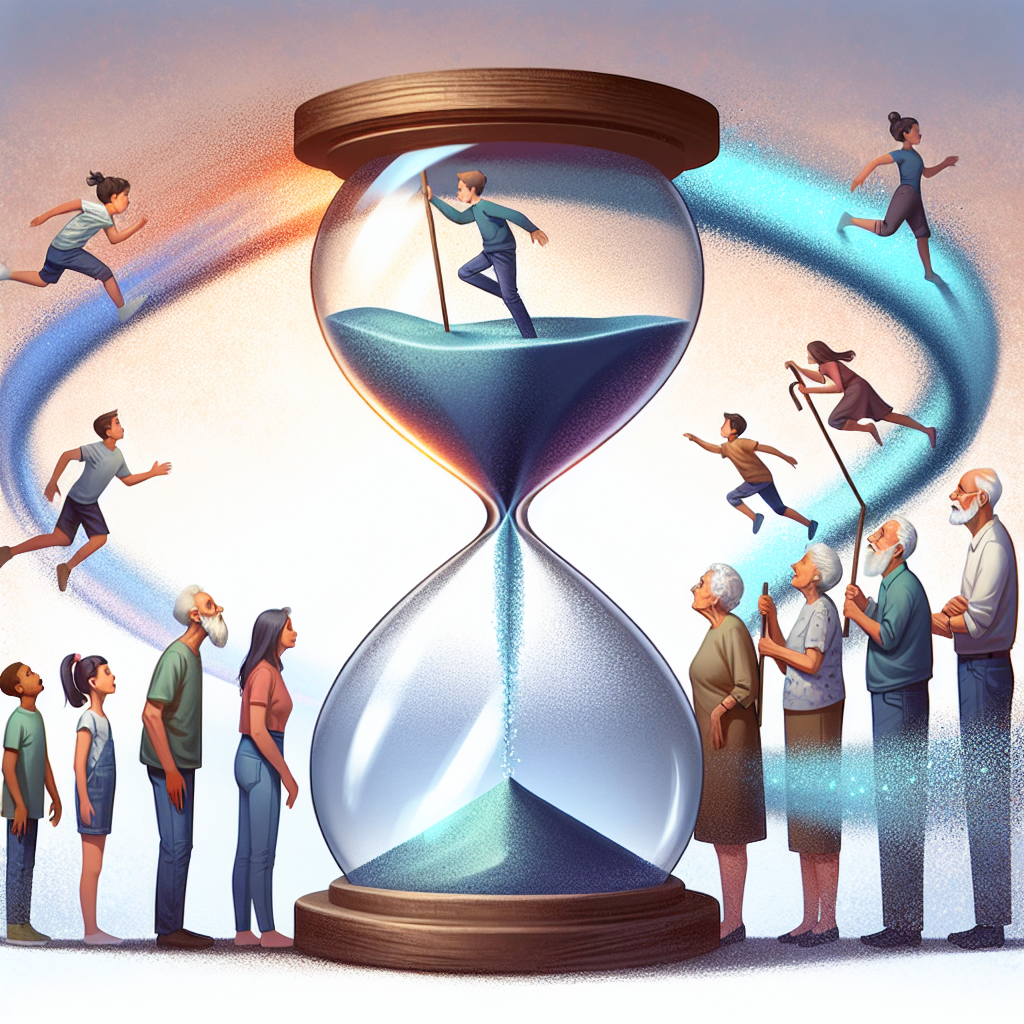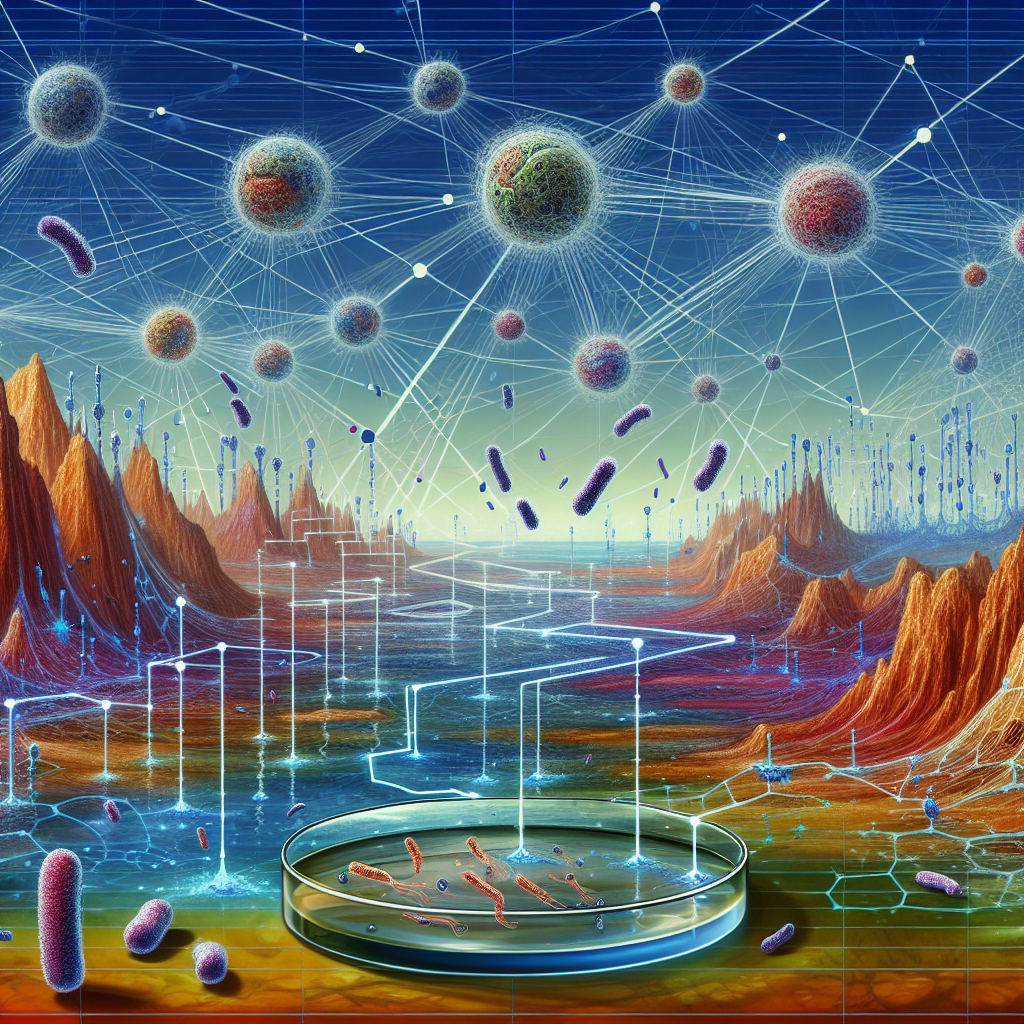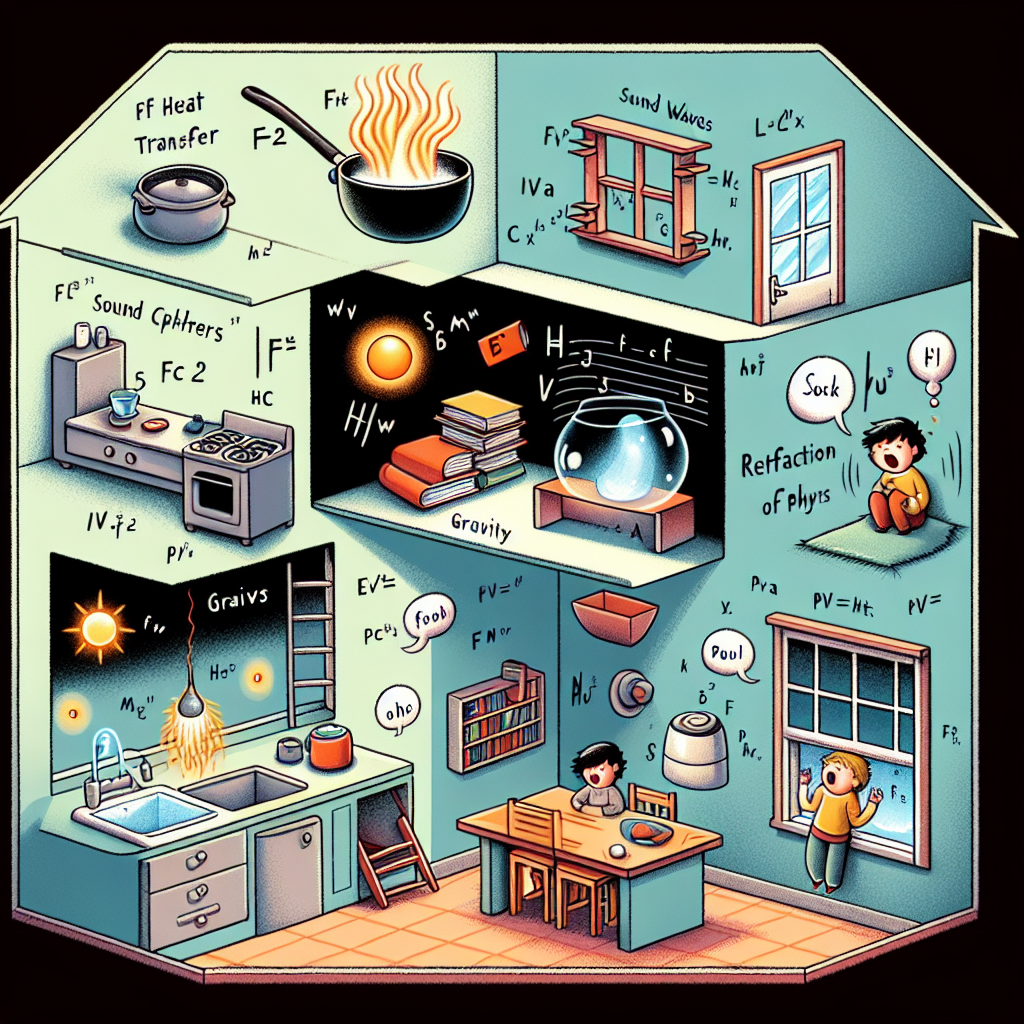Remember when summers as a child seemed endless, and waiting for your birthday felt like an eternity? Fast forward a few decades, and suddenly years seem to blur together, holidays sneak up on you, and you can’t quite believe how quickly time flies. This universal feeling — that time accelerates as we age — isn’t just a nostalgic illusion. It’s a phenomenon with fascinating roots in psychology, neuroscience, and even mathematics.
One of the most widely accepted explanations is based on proportional theory. When you’re five years old, a single year represents 20% of your entire life — a huge fraction. By the time you’re fifty, however, that same year represents only 2% of your life. Psychologically, this shrinking fraction gives each year a smaller perceived weight. Our brains subconsciously measure new experiences against the total sum of memories we’ve accumulated, and as that sum grows, each additional year feels shorter relative to the whole.
But perception isn’t purely mathematical. Neurologically, time perception is linked to how our brains process new information. When we’re young, almost everything is new: our first friendships, first trips, first heartbreaks. Each experience requires intense attention, and our brains record them with high resolution. Novelty slows down our internal clock. As adults, routines dominate. We drive the same route, work similar hours, and see familiar faces. Because our brains don’t need to encode as many new details, fewer “memory markers” are created, and time seems to slip by unnoticed.
This idea is supported by studies in cognitive psychology showing that novelty stretches perceived time. For example, people report that vacations to unfamiliar places feel longer than the same number of days spent at home. The more varied the stimuli, the more memories we create — and the longer a period feels in retrospect. In contrast, monotonous weeks, even if busy, compress in memory, leaving us wondering where the time went.
Interestingly, biological rhythms may also play a role. Our metabolism and neural firing rates slow down with age, which subtly alters how our brains register events. Children’s brains operate at a faster tempo, processing sights, sounds, and emotions at a higher rate per second. This creates a denser stream of perceived moments — more “frames per second,” so to speak. As this internal frame rate declines over time, our perception of external events speeds up, much like a film running on fast-forward.
There’s even a social element to consider. Modern life intensifies time compression. Constant connectivity, work pressures, and digital multitasking leave us with fragmented attention spans and fewer moments of mindful presence. When our focus is scattered, experiences blur into one another. Ironically, while technology saves time, it often makes us feel like we have less of it.
So, can we slow time down — at least in our minds? Research suggests yes. Mindfulness and novelty are powerful antidotes. When we immerse ourselves in new experiences — learning a language, traveling, taking up a hobby — our brains switch into a more attentive mode, encoding richer memories. Similarly, mindfulness practices like meditation heighten awareness of the present moment, effectively expanding our perception of it. People who live deliberately and cultivate curiosity tend to report a slower, fuller sense of time.
There’s a poetic takeaway here: time doesn’t truly speed up; our perception of it does. Childhood feels longer because we lived more vividly, noticing every detail. As adults, we trade novelty for efficiency, depth for routine. But by rediscovering curiosity — by being fully engaged rather than merely moving through time — we can, in a sense, make time feel abundant again.
So the next time you catch yourself saying “the year flew by,” consider it a gentle reminder: it’s not the clock that’s racing, it’s your attention. Slow down, look closer, and fill your days with moments worth remembering. In doing so, you might just find that time stretches once more, as it did when you were young.





